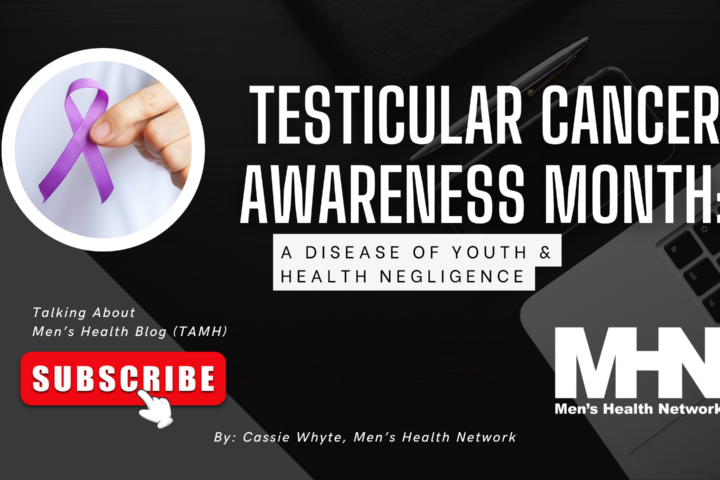Human growth hormone treatment is a decision that includes several variables such as cost, risk factors, pre-existing medical conditions, and the nature of the diagnosis that requires treatment. Among medical treatments, HGH is often abused—as athletes and people seeking a way to rejuvenate youthful prowess may take the drug without a proper diagnosis or medical supervision.

For this reason, it’s important to be aware of the real nature of HGH supplementation, and to understand how it can truly benefit a patient, while also staying cautious of not only the side effects but potential misinformation that exists about the drug that may promote irresponsible use of this popular medical supplement.
Benefits of HGH
Users of human growth hormone have reported a wide array of positive effects: increased virility in both sexual performance and general physical stamina, fuller and thicker hair, better skin, and the recovery from various illnesses that could be related to a human growth hormone deficiency.
For many, this means not only cosmetic and performance related enhancements, but also the improvement of one’s overall quality of life, especially when an abnormally low production of the hormone has resulted in symptoms such as low bone density or a high level of fatigue when performing physical tasks.
Furthermore, many children benefit from HGH supplementation. Various diseases exist such as Turner’s syndrome occurs during developmental years among children, and could be the result of an inadequate production of growth hormone. In addition, if a doctor suspects that a physical deformity could occur, or a child’s growth could be genetically stunted, human growth hormone could be prescribed to offset the condition.
HGH Misconceptions
HGH supplements are not related to, or similar to, testosterone treatment for men, or cosmetic or holistic practices designed as part of an alternative or some type of risk-free therapy. HGH injections are part of a hormonal replacement therapy that is prescribed by a doctor, and maintained by a doctor’s supervision.
As such, it is dangerous to obtain a supply of human growth hormone for recreational or abusive usage, such as an athlete who believes HGH will provide an edge during a competitive race. HGH is designed as a medical treatment with very specific purposes.
HGH Risks
As with any drug, potential side effects occur when HGH is administered to the body (whether injectable or oral versions). Common side effects include edema among woen—a fluid-based skin puffiness—joint aches and the development of joint tenderness in specific regions such as the wrist. Longer-term side effects must also be considered, and this ranges from not only the onset of a diabetic condition but also the potential development of certain deadly cancers.
This is why a prescription for a human growth hormone is an important decision, and requires a patient to carefully consider such possible risks versus the benefit of the supplement. This is also why HGH supplementation is typically reserved for situations where a deficiency of the hormone necessitates the drug.
Types of HGH
HGH supplementation is available in both oral form, and as an injection. Doctors tend to emphasize the injections, as they are much more reliable, albeit slightly more expensive. An injectable form of HGH is typically administered by a doctor or after the patient is properly trained, and includes daily dosages.
A major consideration is the cost of the treatment. On an annual basis, many patients can expect to pay between $10,000 and $12,000 annually on HGH medication, or between $800 or up to $3,000 per month, with variables that involve the brand and the extent of the therapy, as well as whether the synthetic HGH is in oral or injectable form.
Different brands exist such as Serostim, Nutropin, Saizen, Humatrope and Norditropin. Different potential side effects and results may differ from brand to brand, and it’s important to carefully consider the brand name before treatment begins. Among these brands, each one is created through the synthetic creation of the hormone, that involves an elaborate DNA replication process in a laboratory, much the same way insulin is created for diabetic patients.
In Summary
When one compares the risks and benefits of HGH therapy, it becomes apparent the importance of responsible usage of the drug, as well as the importance of the drug to return a quality of life to the patients who use it. However, the drug does contain inherent risks that must be carefully considered before one begins treatment.
Robert Goldberg is dedicated to providing health conscious individuals the latest facts HGH side effects and on how to improve health through increasing HGH levels using exercise, diet, HGH injections and HGH supplements



